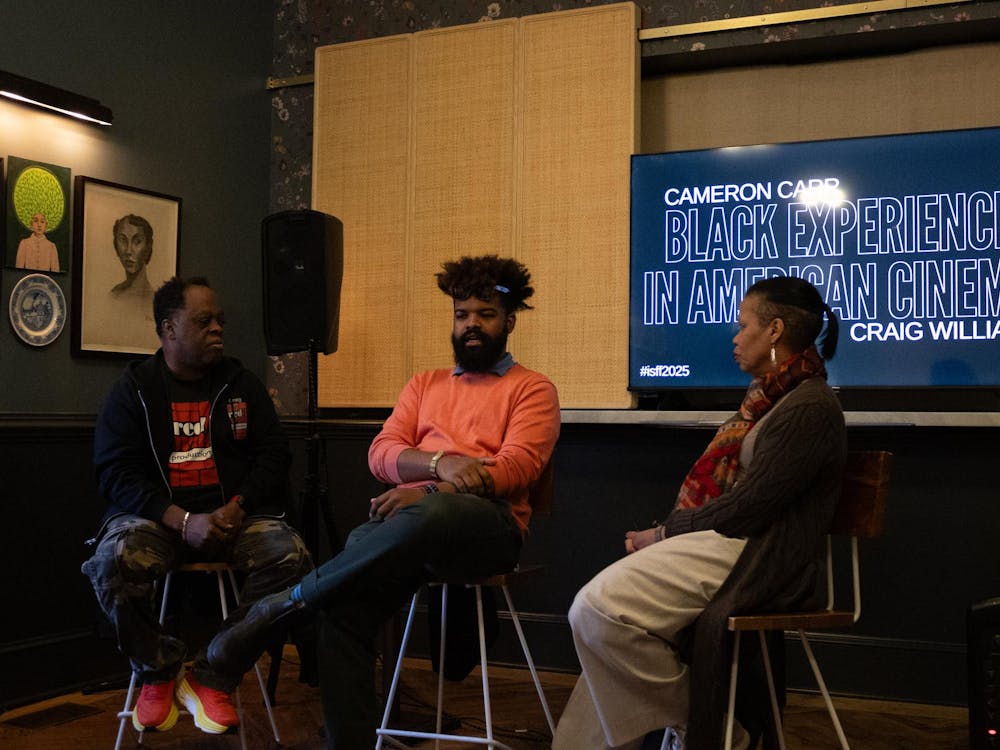There is a point in the film “Divergent” when Tris (Shailene Woodley) looks up into the eyes of love interest Four (Theo James) and, with a sigh, says, “I don’t want to go too fast.”
Quite right — and I wish the film had taken this advice for itself. As my relationship with the movie developed, I felt we were going way too fast — like I wanted to grab the film by the shoulders, push it away from me, and say, “I really like you, but we need to slow down.”
By the second half of the film, “Divergent” moves from scene to scene, plot line to plot line at a confusingly quick and jumpy pace. The cuts in narrative were too sudden and abrupt, leaving me feeling like I had to leap over a hurdle to understand where the film was going. None of the characters or their relationships took on true emotional depth — which is a pity, because there is some great young talent to be found in the cast.
As Tris — the film’s protagonist — Woodley brings as much complexity as she can to a character who was already in the shallow end of the character development pool in the book. Woodley is a fine actress — one of my favorite up-and-coming stars today — but the script does not give her enough meat to chew on.
“The film tries to squeeze in as many
of the book’s events as possible,
sacrificing the delicate and necessary
development of the film-audience
relationship in the process.”
One of the flaws of both the film and the book are the amount of things that happen to Tris and the lack of time she’s given to respond and reflect on them. She may be mourning the death of a friend at one moment, and in the next cut calmly pondering what the term “Divergent” means, and in the very next cut happy to be in the arms of her instructor and somewhat-kinda-sorta boyfriend, Four.
Theo James plays an excellently stoic Four but, like Woodley, does not receive the character development he deserves. The rest of the younger cast — including a charmingly blunt Zoe Kravitz and an always reliable Miles Teller — add life and zest to the screen, but for too short a time.
For the film to flesh out its characters fairly and have the audience believe the relationships being formed, this adaptation of Veronica Roth’s best-selling tale should have either been extended or split into two films. After all, the book is nearly 500 pages and jam-packed with action from cover to cover.
The film tries to squeeze in as many of the book’s events as possible, sacrificing the delicate and necessary development of the film-audience relationship in the process. The film acts more as a book action supplement rather than a stand-alone film in its own right.
Perhaps the only actor who manages to convey any true sense of intensity and power on screen was Ashley Judd as Tris’s mother, Natalie Prior. Her character is not only complex, but signals to a greater, significant emotional theme of the film: what happens when a child chooses to leave home.
The choosing ceremony in the first half of the film acts was a wonderful metaphor for adolescents finding their true selves — even if that means distancing themselves from their parents. The saddest, most poignant moment in the entire film is when we watch Judd’s reaction to Tris’ choice to leave. Here, we find the heart of the film treated judiciously and fairly. If only it had been the same for the rest of the film.






